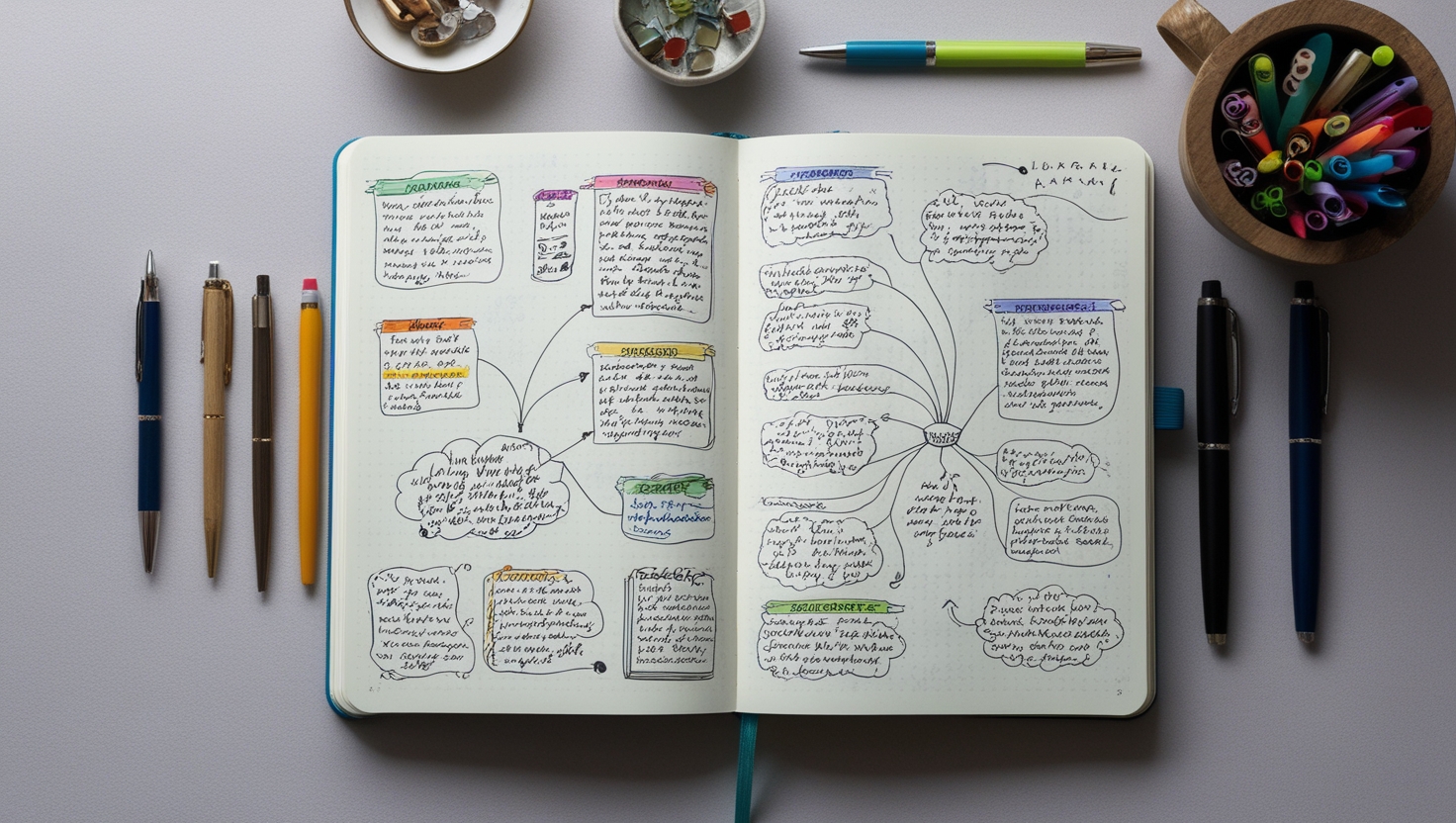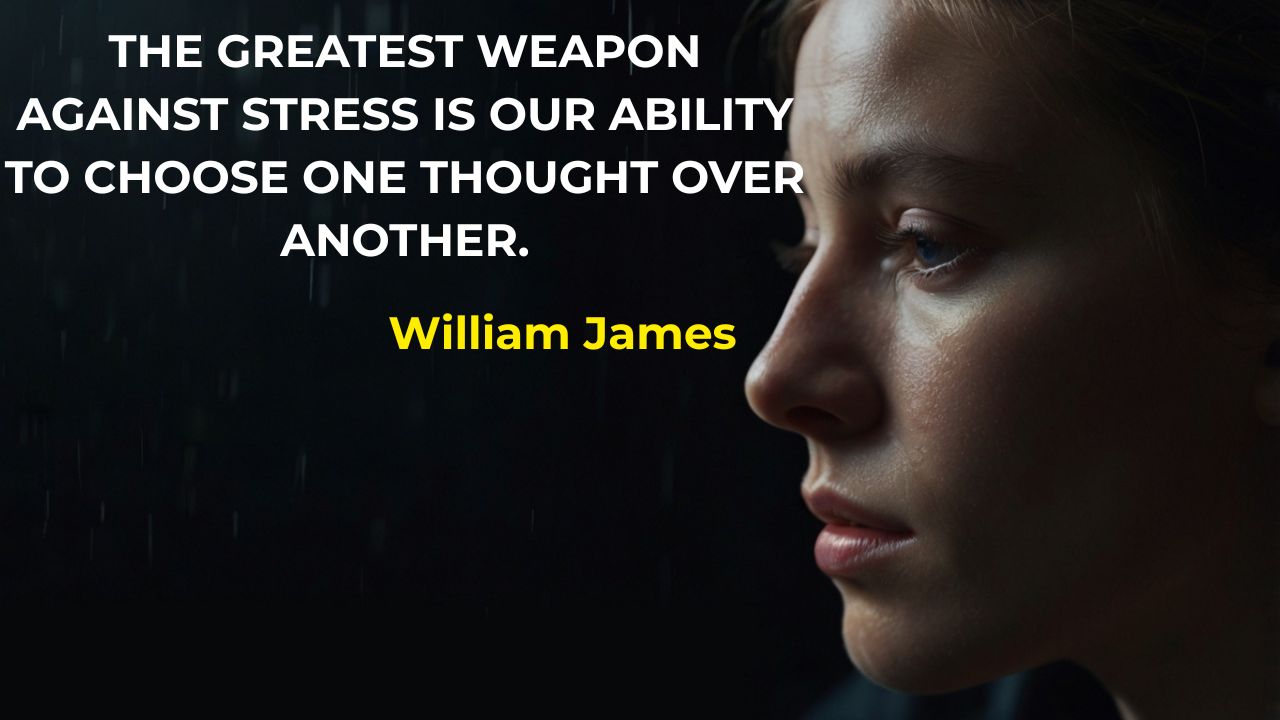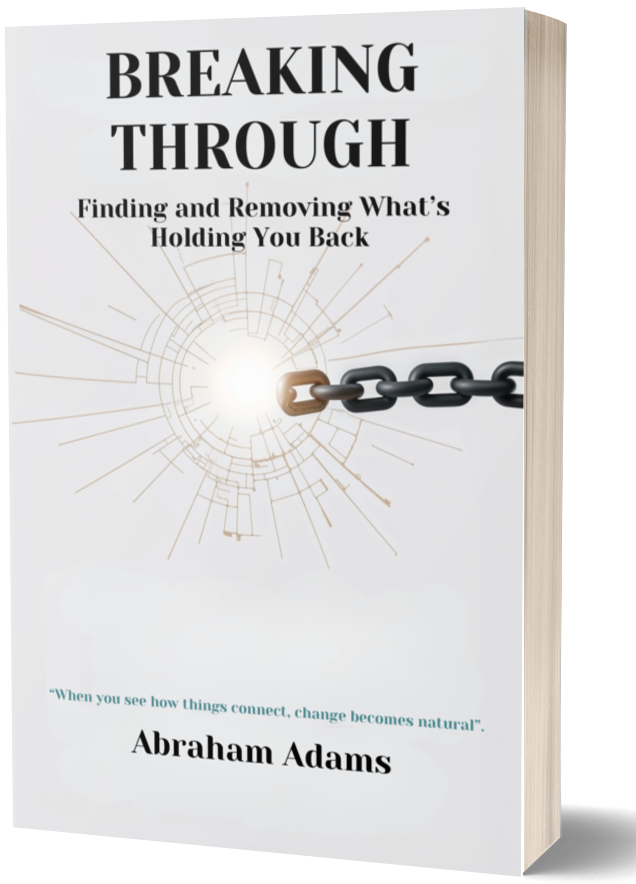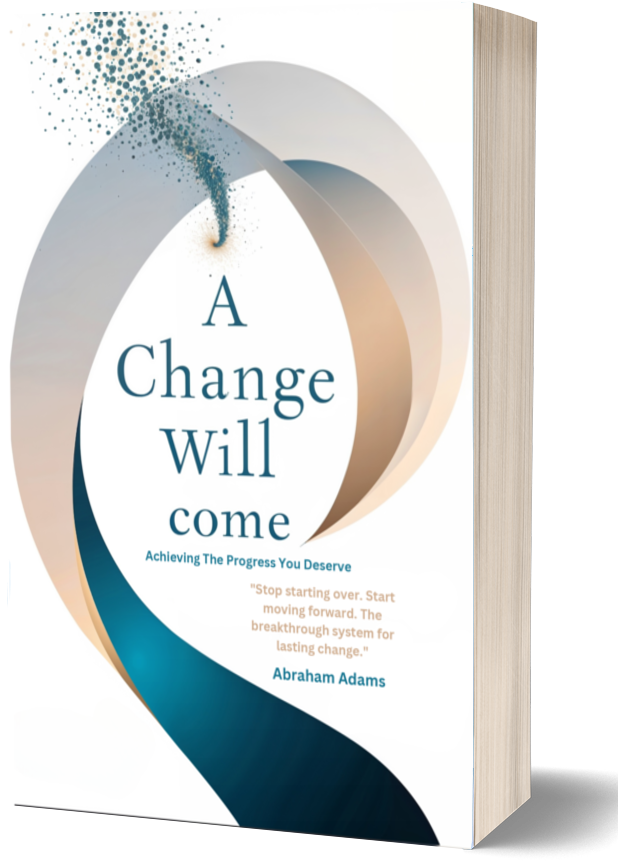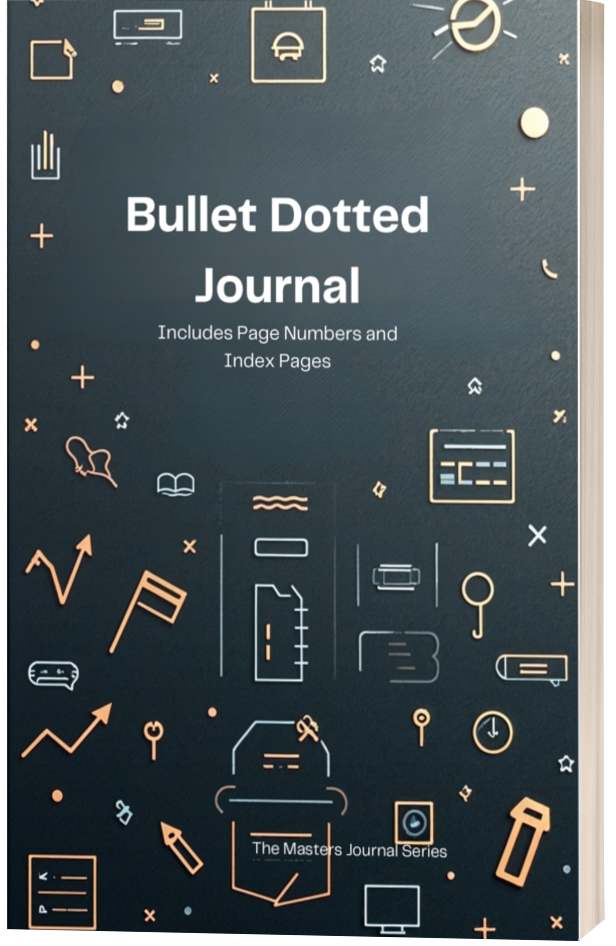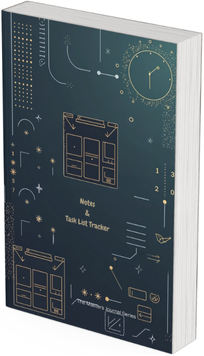**Reflection on Henry Ford’s Quote**
"Thinking is the hardest work there is, which is probably why so few engage in it." – Henry Ford 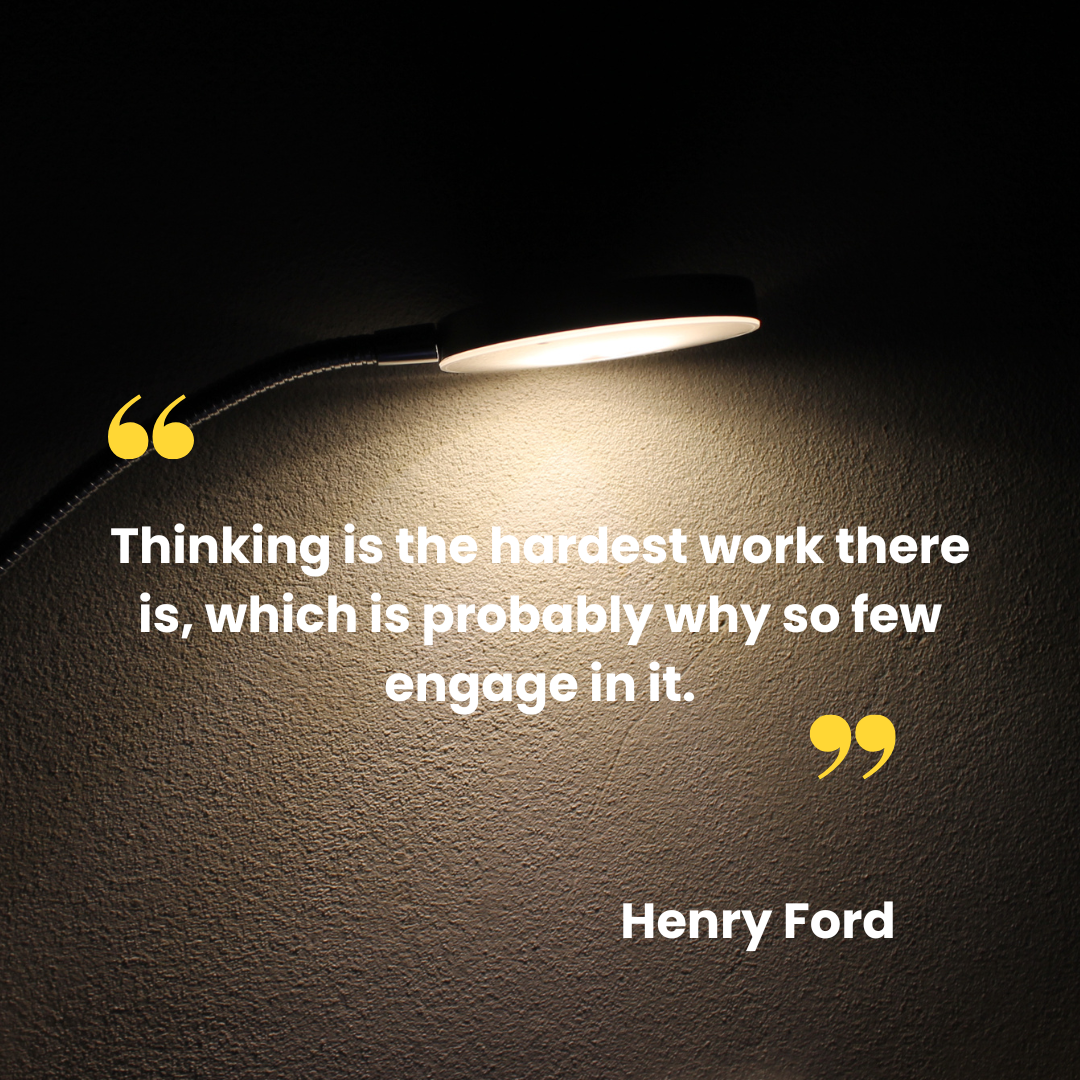 Henry Ford’s quote offers a sharp observation about the effort and discipline required for deep, intentional thinking. In a world often focused on quick fixes and surface-level actions, Ford emphasizes the value and rarity of sustained, thoughtful engagement.
Henry Ford’s quote offers a sharp observation about the effort and discipline required for deep, intentional thinking. In a world often focused on quick fixes and surface-level actions, Ford emphasizes the value and rarity of sustained, thoughtful engagement.
---
**Why Thinking Is Hard Work**
1. **Mental Effort and Focus**
Deep thinking requires concentration, mental discipline, and the ability to wrestle with complex ideas. Unlike reactive or routine thought, intentional thinking demands time, energy, and persistence.
2. **Facing Uncertainty**
Thinking deeply often means confronting uncertainty, questioning assumptions, and exploring unknowns—challenging tasks that can feel uncomfortable.
3. **Delayed Gratification**
Unlike quick decisions or reactive habits, thoughtful problem-solving doesn’t provide immediate results. It requires patience and a willingness to delay gratification.
---
**The Importance of Thinking**
Despite its difficulty, intentional thinking is the foundation of progress and innovation.
- **Problem-Solving**: Careful analysis of problems often leads to more effective, long-term solutions.
- **Innovation**: Groundbreaking ideas and advancements come from deep, creative thought.
- **Self-Awareness**: Reflective thinking fosters personal growth, emotional intelligence, and clarity in decision-making.
Ford’s own success as an innovator underscores the importance of applying thoughtful effort to create meaningful change.
---
**Why Few Engage in It**
1. **Distractions**: Modern life is filled with distractions that pull people away from sustained focus.
2. **Comfort Zones**: Superficial thinking feels easier and safer than grappling with challenging questions or complex problems.
3. **Misplaced Value**: Many prioritize busywork or immediate action over strategic thought, mistaking activity for productivity.
---
**How to Cultivate Intentional Thinking**
1. **Set Time Aside**
Dedicate uninterrupted time for thinking, free from distractions.
2. **Ask Questions**
Engage with problems by asking "why," "how," and "what if."
3. **Reflect Regularly**
Use journaling, meditation, or quiet contemplation to deepen your understanding of yourself and your challenges.
4. **Embrace Discomfort**
Accept that deep thinking may feel difficult but is ultimately rewarding.
---
**Conclusion**
Henry Ford’s quote reminds us that true thinking is not passive—it’s active, challenging, and transformative. By engaging in thoughtful work, we can solve problems, innovate, and grow in ways that reactive or shallow thinking cannot achieve. While it may be the hardest work, it is also the most meaningful and impactful. In a world that often values speed and surface-level answers, the rare art of deep thinking is a skill worth cultivating.
- Audio Articles
- Audio Articles 1
- Audio Articles 2
- Audio Articles 3
- Audio Articles 4
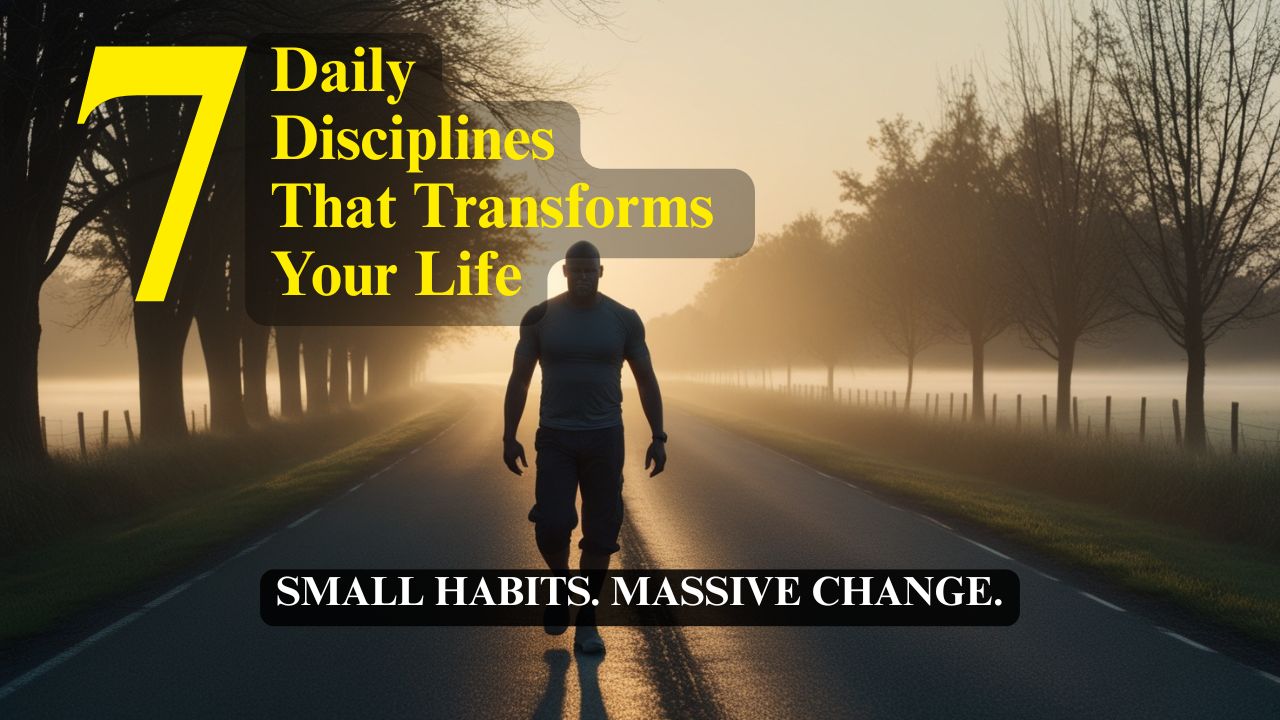
7 Daily Disciplines That Transform Your Life
The power to act with intention, to align your actions with your values, and to move steadily toward a life of purpose—even on days you don't feel like it.
Read Full Article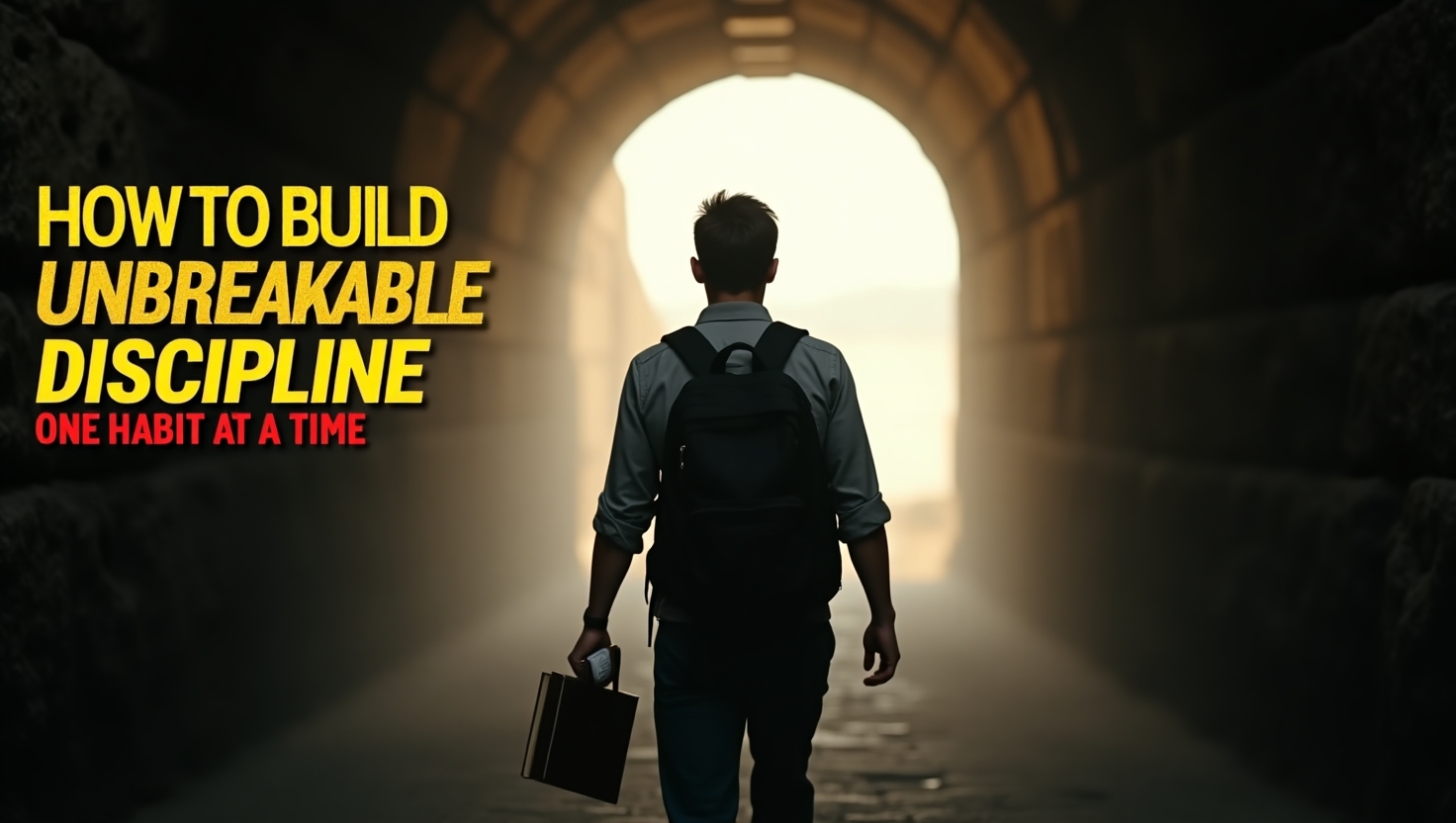
How to Build Unbreakable Discipline
Discipline is built—habit by habit, choice by choice, day by day. And the most powerful kind? The kind that doesn’t crack under pressure. The kind that becomes part of who you are.
Read Full Article
Why Motivation Fails And Discipline Wins Every Time
We all love the feeling of motivation—that surge of energy, that rush of inspiration that makes everything seem possible. But here’s the problem: motivation is unreliable. It’s emotional. It comes and goes. And if your goals rely on you “feeling like it,” you’re already in trouble.
Read Full Article
Discipline Over Desire
Desire is loud. It burns bright, talks fast, and loves to dream. But desire alone doesn't achieve much. Every person has desires. Very few have the discipline to bring them to life.
Read Full Article
The Science of Sticking
If you've ever tried to build a new habit, you've probably heard that it takes 21 days. This number gets thrown around so often that it feels like scientific fact.
Read Full Article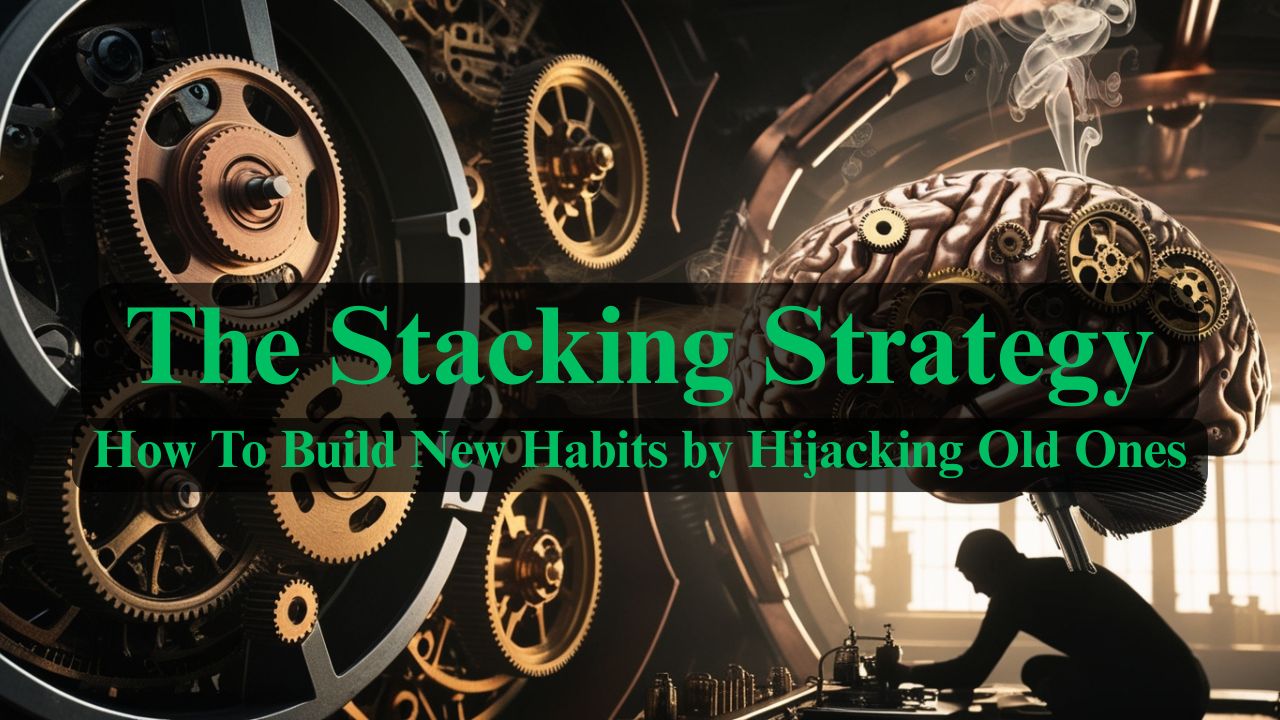
The Stacking Strategy
What if I told you that the habits you already have—even the ones you consider "bad"—could become the secret weapons for building the habits you want?
Read Full Article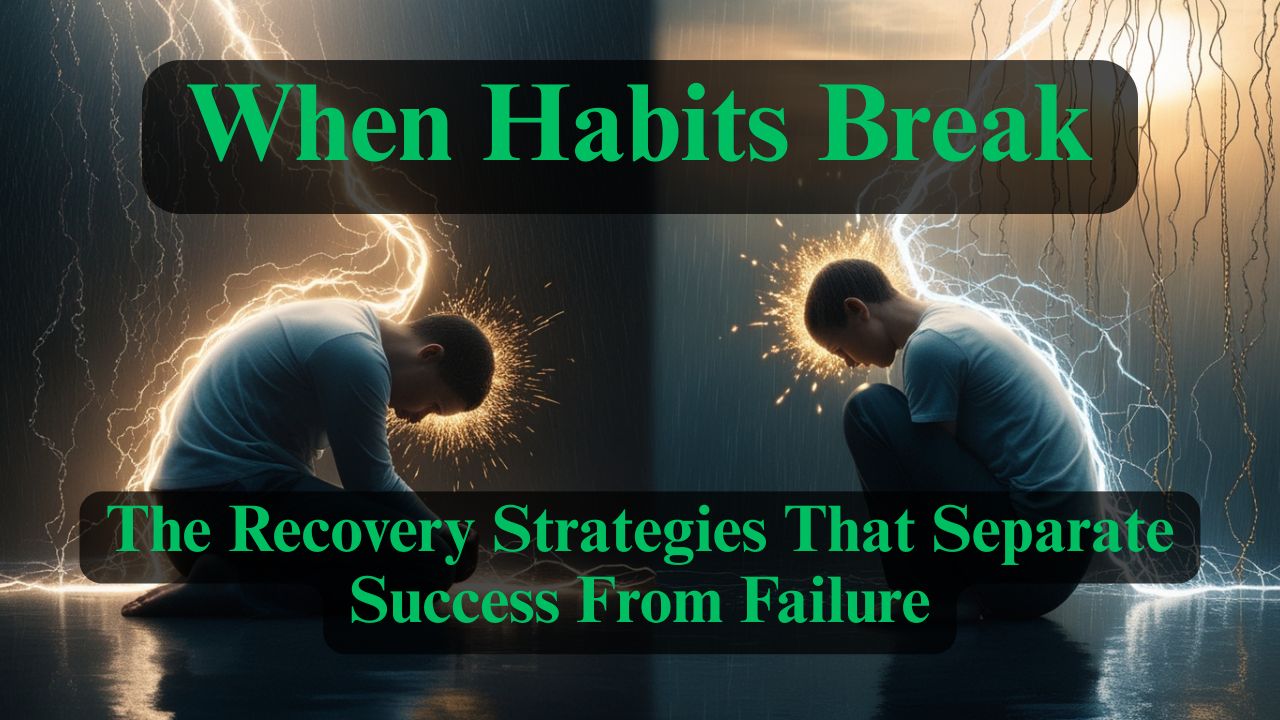
When Habits Fail - The Recovery Strategies That Separate Success From Failure
Here's what nobody tells you about building habits: you will fail. You'll miss days. You'll fall off track. You'll have weeks where everything falls apart.
Read Full Article
The Ultimate System - Designing a Life Where Good Habits Are Inevitable
You've learned to recognize habits, understand their formation timeline, stack them strategically, and recover from setbacks.
Read Full Article
